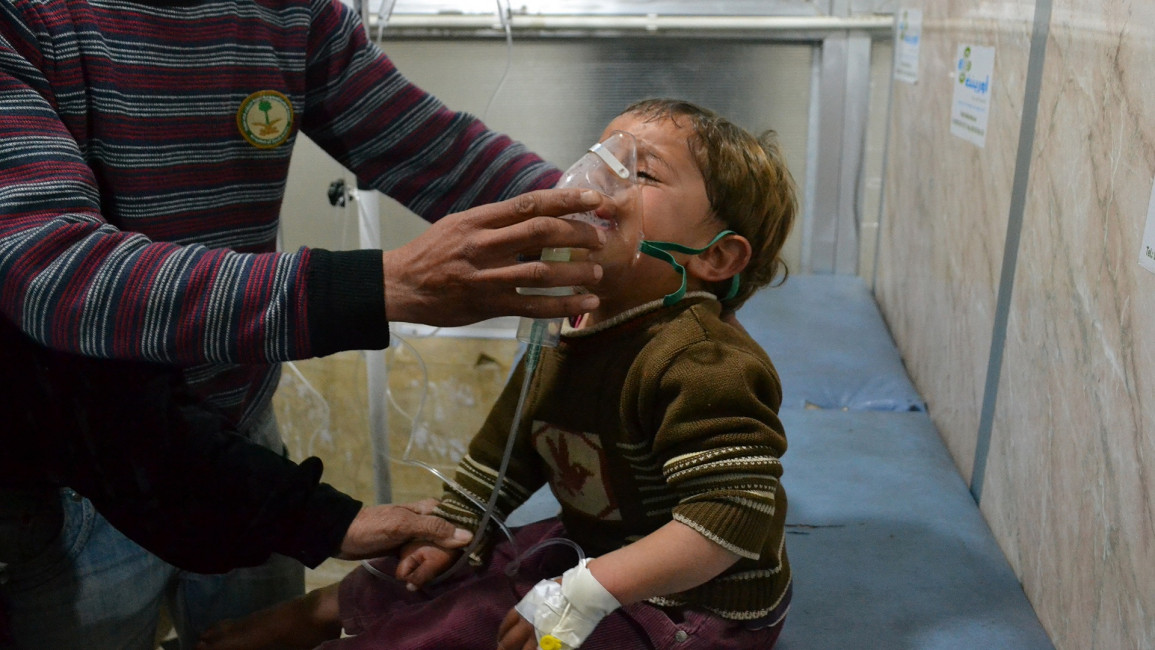US official: IS 'manufacturing and using chemical weapons'
An unnamed US official has told the BBC that at least four attacks using powdered mustard agents have been documented on both sides of the Syria-Iraq border.
The United States believes the Islamic State group (IS, formerly ISIS) has a cell dedicated to building these weapons.
According to the same US official, the mustard agent was possibly being used in powder form, incorporated into conventional explosive rounds.
The BBC claims to have seen evidence backing these claims.
Evidence has been mounting for some time that IS is both manufacturing and deploying chemical weapons in Syria and Iraq.
Reports to this effect by Kurdish forces fighting IS forces, corroborated later by the German Defence Ministry training Kurdish fighters, had prompted investigations by the United States and the United Nations.
| Experts have suggested IS may be using stockpiles found in Syria and Iraq during the group's advances last year |
No findings have been announced by either side yet.
Experts have also suggested IS may be using stockpiles found in Syria and Iraq during the group's advances last year, when it captured vast swaths of territory in both countries.
Two years ago, Syria was forced to give up its chemical weapons stockpile under the threat of US air strikes.
Under an international-backed deal, the Syrian government handed over thousands of tons of toxic and chemical agents to the Organisation for the Prohibition of Chemical Weapons (OPCW).
The OPCW says the effects of mustard agents include burns, blisters, and severe damage to the eyes, respiratory system and internal organs.
"Mustard agent is very simple to manufacture and can therefore be a first choice when a country decides to build up a capacity for chemical warfare," according to the agency's website.
Last month, the US National Security Council said Washington was taking allegations of IS using chemical weapons "very seriously."
IS is not believed to be the only party using chemical weapons. Both the Syrian regime and rebel groups have been accused of using chemical agents in combat.
| Both the Syrian regime and rebel groups have been accused of using chemical agents in combat |
The demand for Bashar al-Assad's government to give up its stockpile was triggered in part by civilian deaths in the country's civil war, including chemical attack on Ghouta in 2013.
Between 300 and 1,700 civilians were reportedly killed when the area was hit with rockets thought to be containing the nerve agent sarin.
The Syrian government and opposition forces blamed each other for the attack.
Reports of chemical attacks on civilians allegedly carried out by the country's military continue. In March, one such attack was documented in Sarmin near Aleppo.
The UN has launched an investigation into the use of chemical weapons in Syria and work is set to begin after Russia lifted its opposition to the probe. The probe was later approved by the Security Council.
The UN probe will be tasked with identifying "individuals, entities, groups, or governments involved in the use of chemicals as weapons, including chlorine or any other toxic chemical," in Syria.



